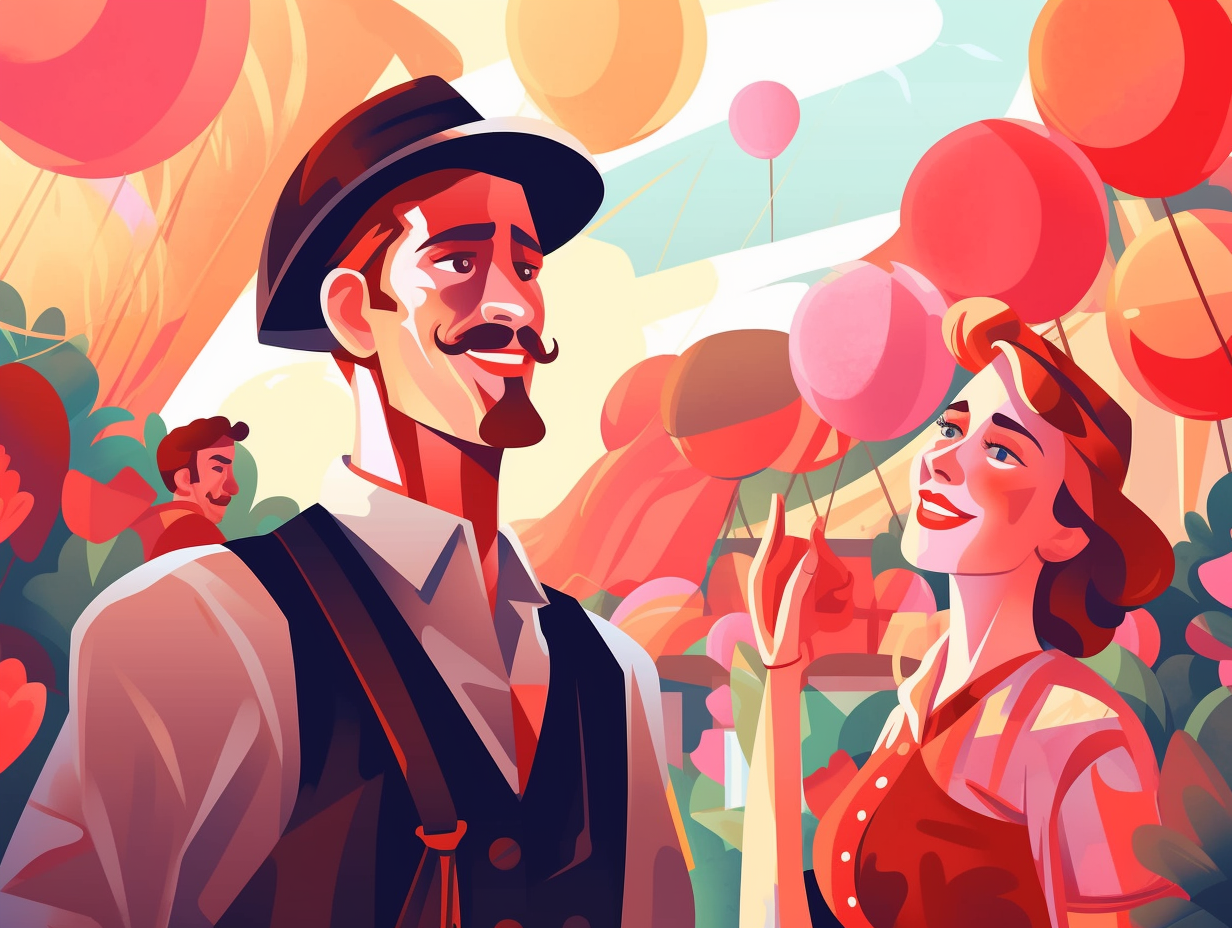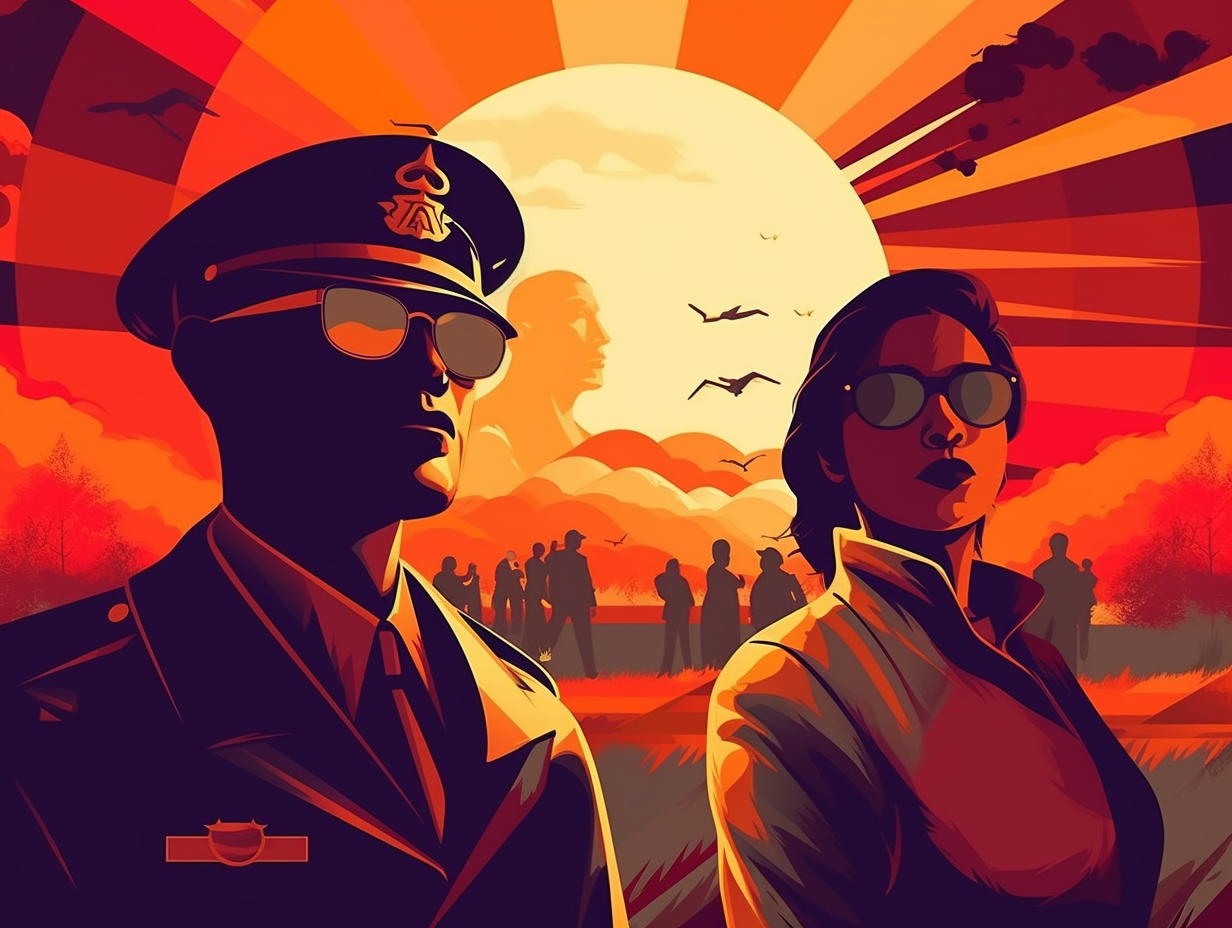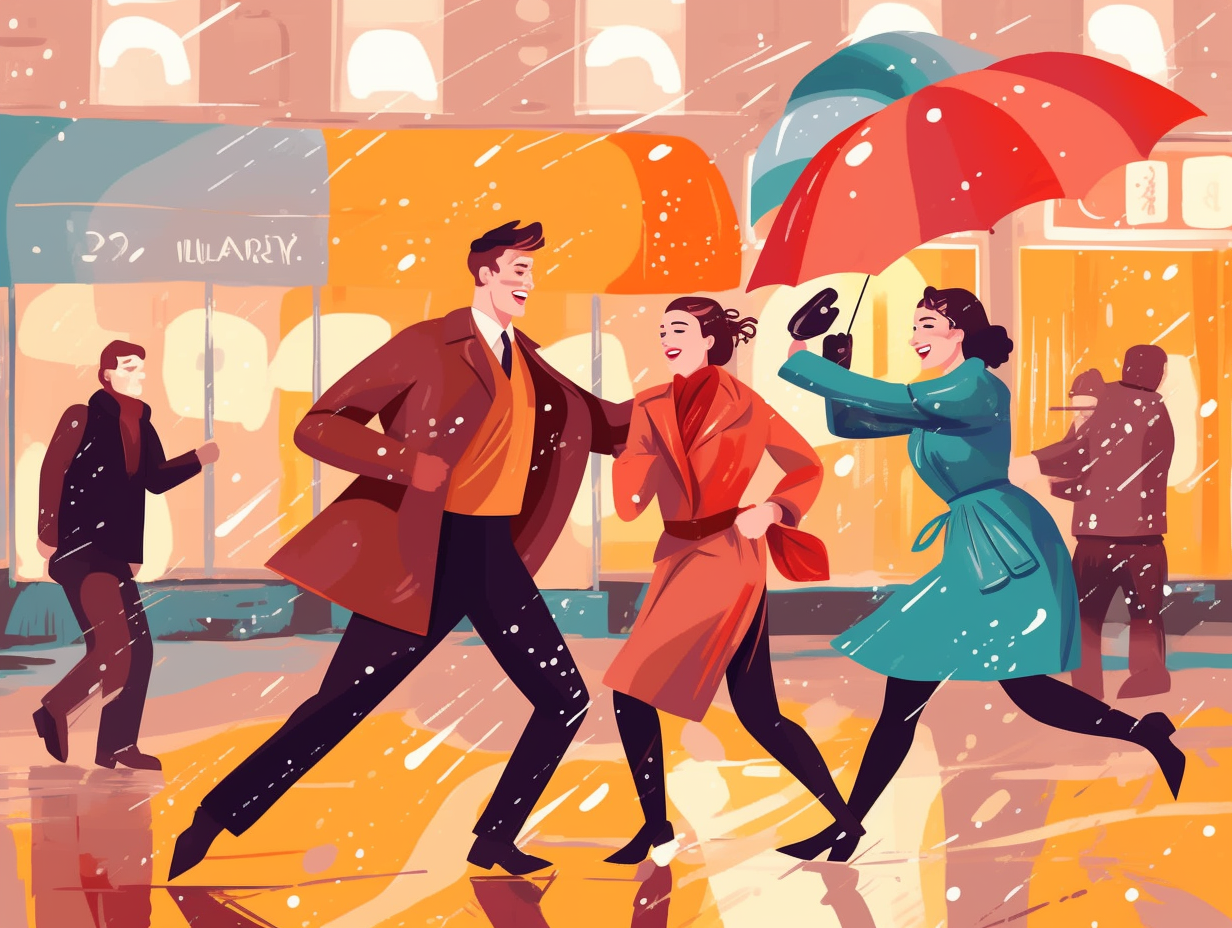10 Fascinating Facts About Bastille Day: Uncovering the Secrets of Paris' Iconic Celebration
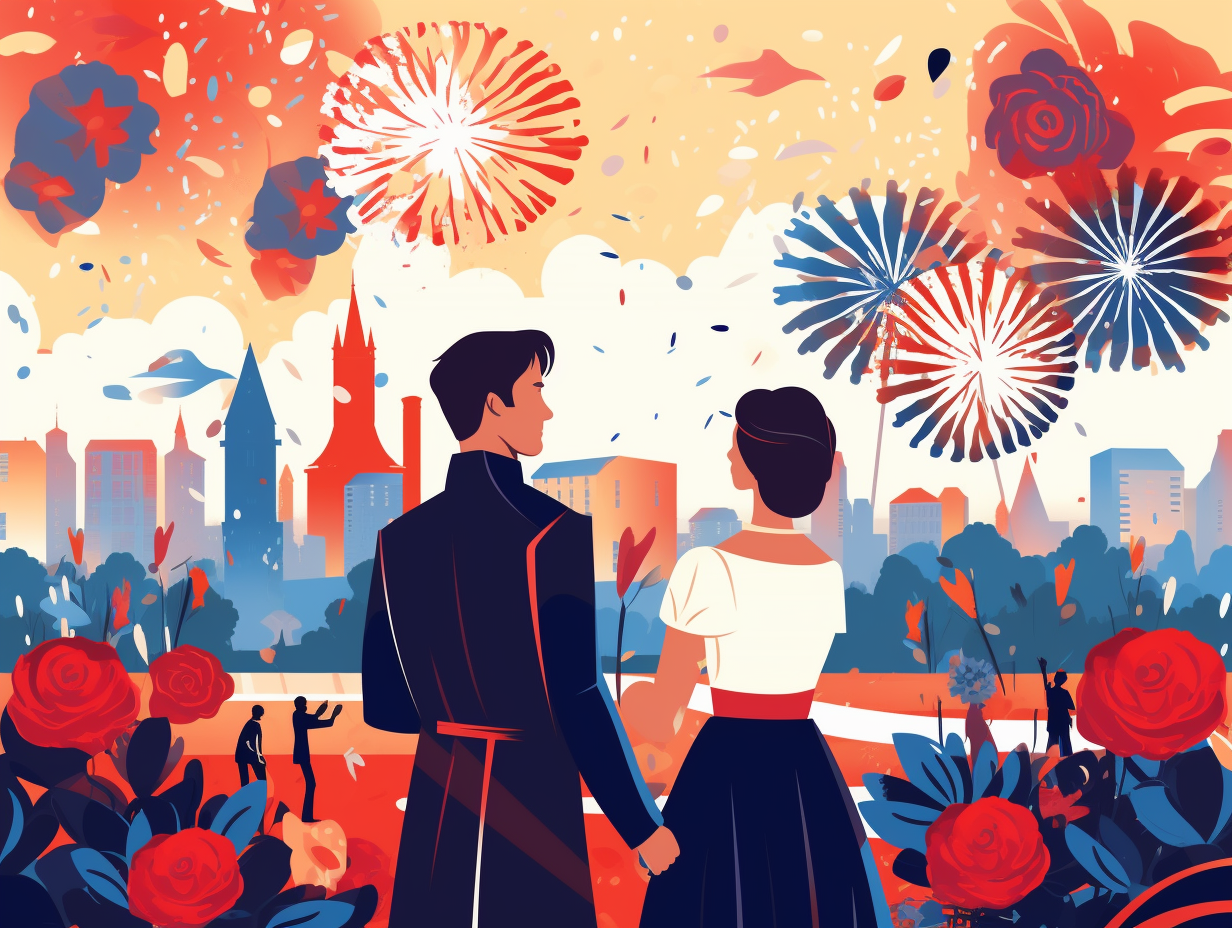
1. Let Them NOT Eat Cake
In a true "cake and eat it too" twist of fate: The infamous "Let them eat cake" quote was never actually uttered by Marie Antoinette, but rather first mentioned in Jean-Jacques Rousseau's autobiographical Confessions, attributing it to an unnamed "great princess." As historians ferociously debunked this myth, it's safe to say that guilt-free cake consumption on Bastille Day is, indeed, revolutionary!
Source => en.wikipedia.org
2. Cinderella vs. The Revolution
Cinderella may have slipped out at midnight, but the French Revolution went into overtime: The storming of the Bastille on July 14, 1789, actually began in the morning and dragged on until late afternoon, when an angry mob – desperate for ammunition – finally cracked open the prison that symbolized the monarchy's oppressive rule, freeing its seven inmates and launching the annual party we now know as Bastille Day.
Source => bl.uk

Did you know that Canada's love affair with fireworks began in 1981, lighting up the sky in 15 major cities on Canada Day? Discover more about this dazzling tradition!
=> Fun Facts about Canada-Day
3. Baguettes, Berets, and Fireworks
Hold on to your baguettes and berets, because there's more to July than just red, white, and blue fireworks: Bastille Day, celebrated on July 14th in France, marks the beginning of the French Revolution with the storming of the Bastille prison in 1789, setting itself apart from America's Fourth of July traditions with its own unique history and wittily European flair.
Source => annieandre.com
4. Napoleon's Ghostly Parade
When Napoleon's ghost throws a parade, you know it's going to be a grand spectacle: Bastille Day in Paris flaunts one of the largest and most ancient military parades in Europe, complete with 3,500 soldiers, 30 helicopters, 50 planes, and 200 military vehicles strutting their stuff down the Champs-Elysées.
Source => parisinsidersguide.com
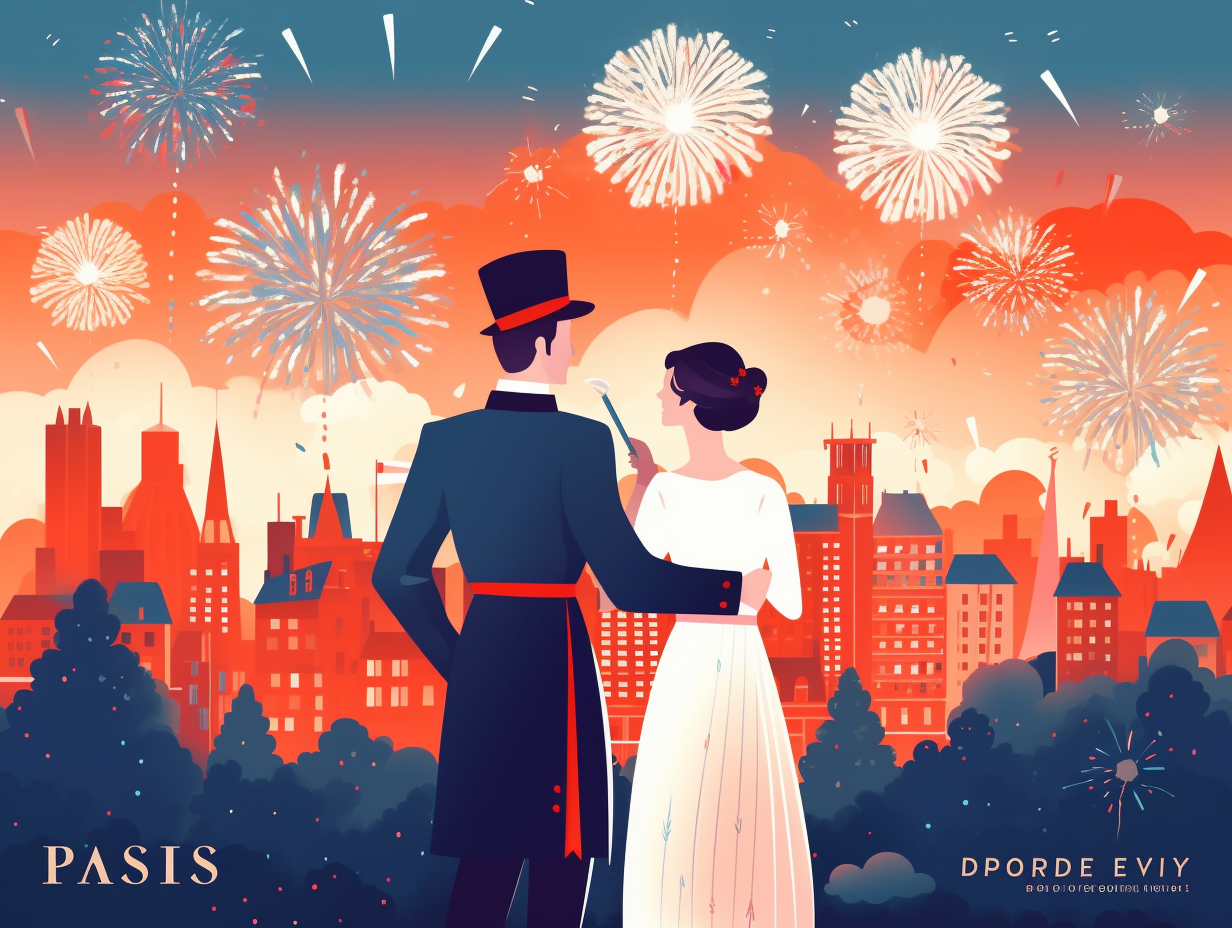
5. The Traveling Bastille Key
Next time you're playing Monopoly in France, don't expect the Bastille Key to bail you out: The key to the notorious French prison was gifted to George Washington by the Marquis de Lafayette in 1790, symbolizing the French-American alliance. After a stint in Philly, it swung from a hook in Washington's Mount Vernon home for generations. Today, the key can't bring down any barriers, but it's still unlocking mysteries for the Mount Vernon curatorial staff currently working on its conservation.
Source => mountvernon.org
6. Double Celebration, Double Fun
Who needs cake when you've got a double celebration on your plate: On July 14th, the French not only commemorate the storming of the Bastille in 1789, but also celebrate Fête de la Fédération from 1790. The latter event was essentially France's first post-revolutionary party, complete with parades, oath-taking ceremonies, and feasting, all in the name of fraternity and national unity. History, however, had other plans, plunging the nation into further chaos before the rise of the French Republic.
Source => nationaltoday.com
7. The Zigzagging Anthem
Feeling a little "pitchy" in the middle of the night? Imagine composing a national anthem in a single evening: Surprise! That's not the case with France's "La Marseillaise." This legendary tune took shape in Strasbourg at the home of citizen Dietrich, courtesy of French officer Rouget de Lisle, after declaring war on Austria. The anthem then became a rallying cry for the fédérés from Marseilles, was finally declared the national song on July 14, 1795, and zigzagged through history before settling as the symbol of the revolution it is today.
Source => diplomatie.gouv.fr
8. Tricolor Fashion Statement
As Marie Antoinette might have said, on Bastille Day, "Let them wear tricolor!" – if she hadn't misplaced her head first: French citizens celebrate their national holiday by donning traditional costumes, fervently waving flags of France and regions crossed by the Tour de France, with even the youngest little patriots joining in the flag-waving festivities.
Source => bicycling.com
9. From Paris to the Big Apple
Mimes, baguettes, and a trip to the city of love right here in the Big Apple? Mais oui, mon ami!: On Bastille Day in New York City, the FIAF Bastille Day Fair offers a delightful French extravaganza, featuring mouth-watering cuisine, champagne tastings, free language classes, puppet shows, face painting, mime acts, arts and crafts, and live music, creating a Paris-New York Tandem that brings the two cosmopolite worlds together.
Source => frenchculture.org
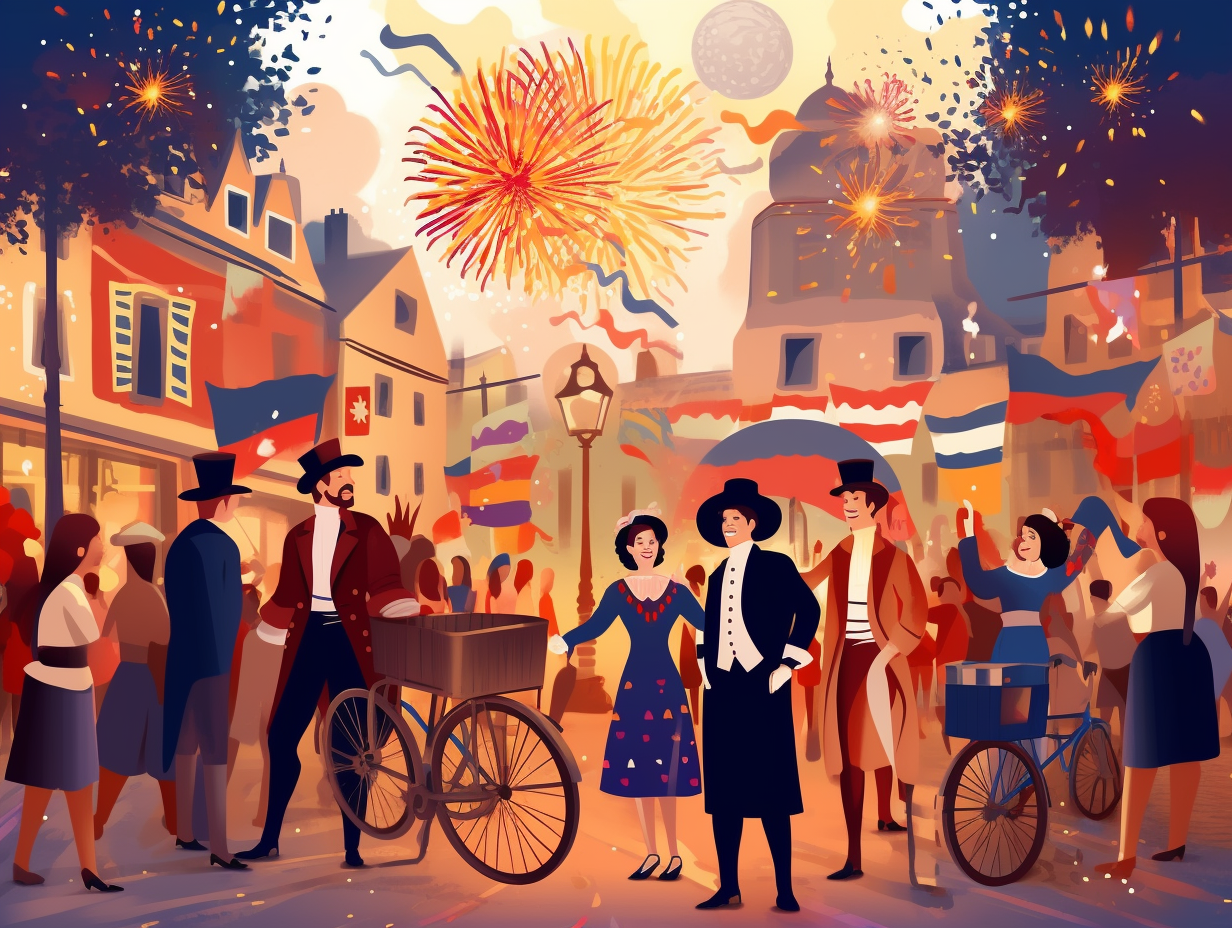
10. Latecomer Irish Revolutionary
Imagine being invited to a party and showing up four years late, only to find out it's a full-blown revolution: That's precisely what happened to an unsuspecting Irishman named James F.X. Whyte. When the Bastille was stormed on July 14, 1789, he was one of the seven prisoners freed, having been wrongfully imprisoned for four years without any knowledge of the unfolding revolution. But instead of harboring any grudges, Mr. Late-to-the-Party Whyte went on to embrace the cause, joining the French Army and rising to the rank of Captain.
Source => history.com
Related Fun Facts



